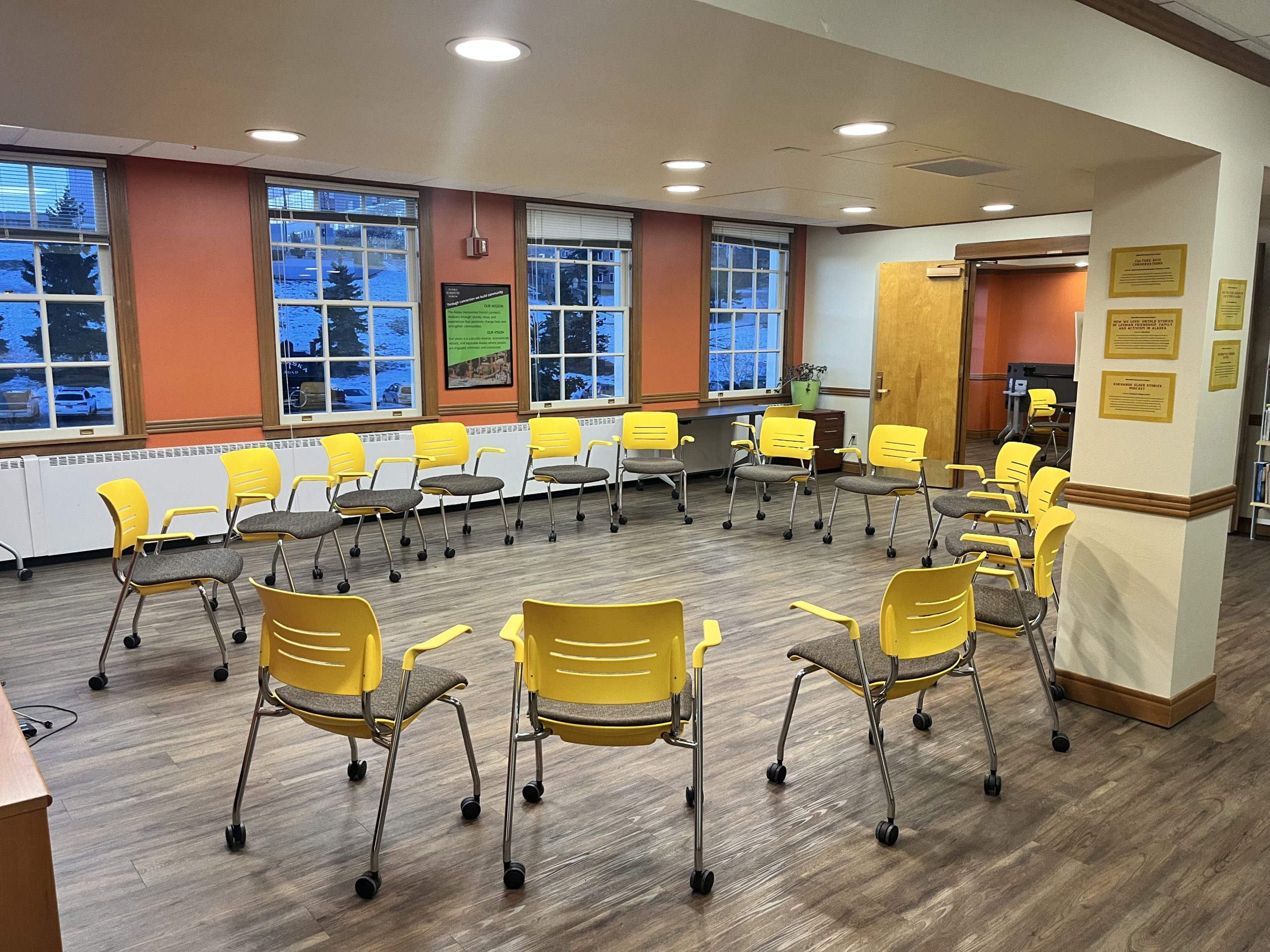
The set up for the weekly staff meeting at the Alaska Humanities Forum offices in Anchorage. We spent the day yesterday with our colleagues at the Alaska Humanities Forum (AKHF) preparing for the Art of Hosting that begins this morning. AKHF is an organization that has long embraced the Art of Hosting as a way of operating both their internal organizational functions and their relationship and gatherings with their partners and programs. All over the world there are organizations like this, not always obvious or seen by the global Art of Hosting community, because they labour away on their own …
Share:
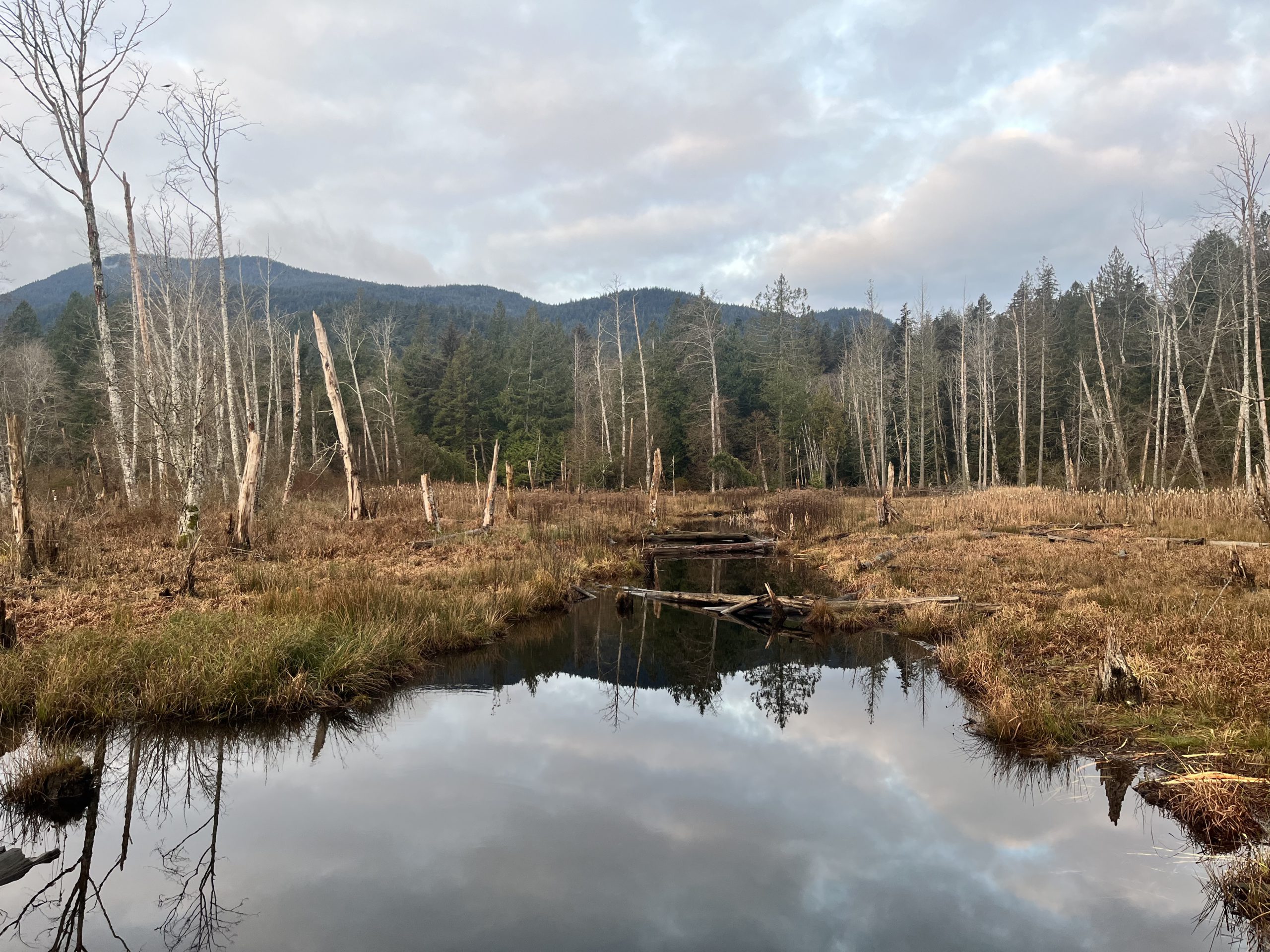
Context changes everything. This used to be a forest. Alicia Juarrero is the source of so much great thinking on the role of constraints in complex systems. Her two books, Dynamics In Action and Context Changes Everything are brilliant discussions of the role of intention and how constraints shape complex phenomena. They are philosophical texts, and so are slow reads, but well worth the effort. You can find many videos of her sharing her insights on You Tube and elsewhere. She is generous with her time and enthusiastic about her work. Last week I sat in on a seminar she …
Share:
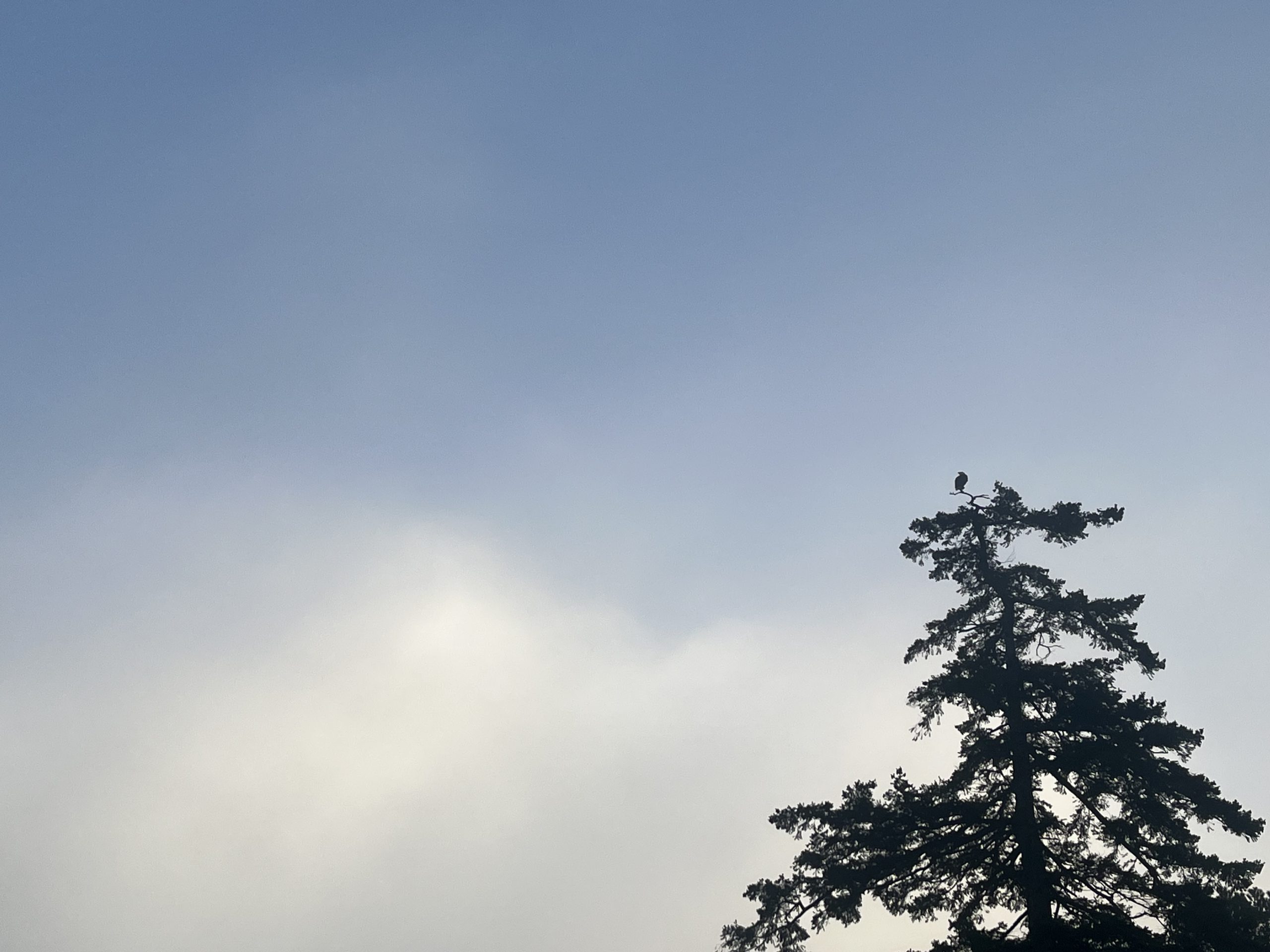
if you are a non-profit/social services leader in BC, then we would love to have you at a free workshop we’re offering in the new year! It’s about using complexity practices to prepare for and navigate crisis and disruption in our organizations and communities. You can learn more and register at this link. This work has its roots all the way back in 2020 when Ciaran and I ran a Participatory Narrative Inquiry project for a group of organizations serving people with disabilities about how folks were coping during the early days of the pandemic. We learned a lot from …
Share:
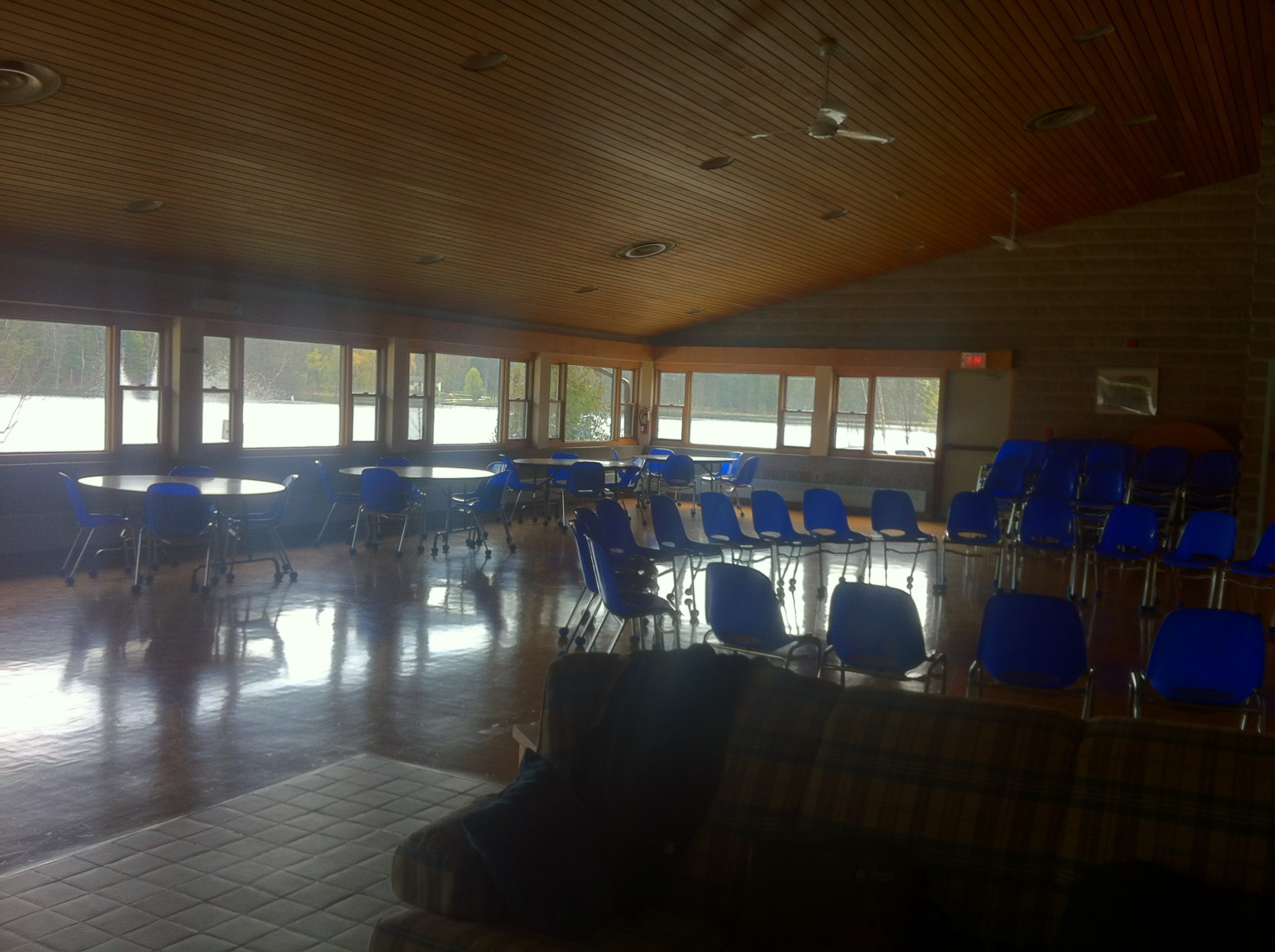
Over the past 15 years I have worked with churches, faith communities and faith-based social justice movements using the Art of Hosting and participatory leadership. In many ways these organizations have been at the forefront of social and demographic changes, getting older while holding a fierce commitment to addressing issues of injustice in the world. Working with faith leaders and faith-based movements allows us to have a different conversation about participatory leadership, community work and spirit. The Art of Hosting seems to wake up the kind of collaboration that faith communities long for, even as they confront existential questions within …
Share:
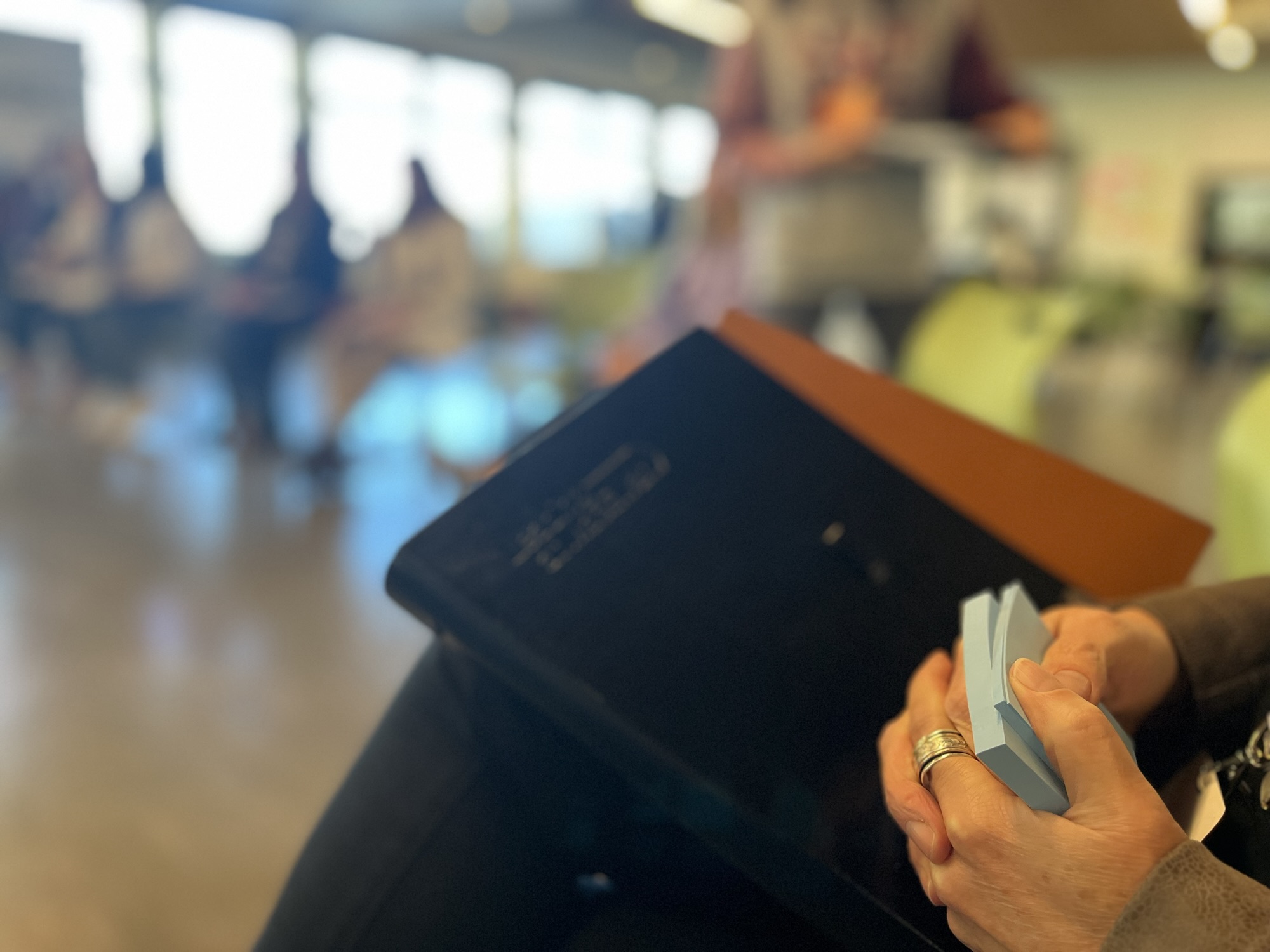
Some notes from three days of teaching a small cohort of leaders in the art of participatory leadership. —- When we teach the four fold practice of the art of hosting (also the art of participatory leadership) I’ve taken to doing it in a World Cafe. We use Cafe to essentially recreate the conditions that created the insights of the four fold practice 25 or so years ago. We invite people to tell stories of engaging and meaningful conversations they have experienced, look at these stories together for insights about what made them engaging and meaningful and provide and three …

